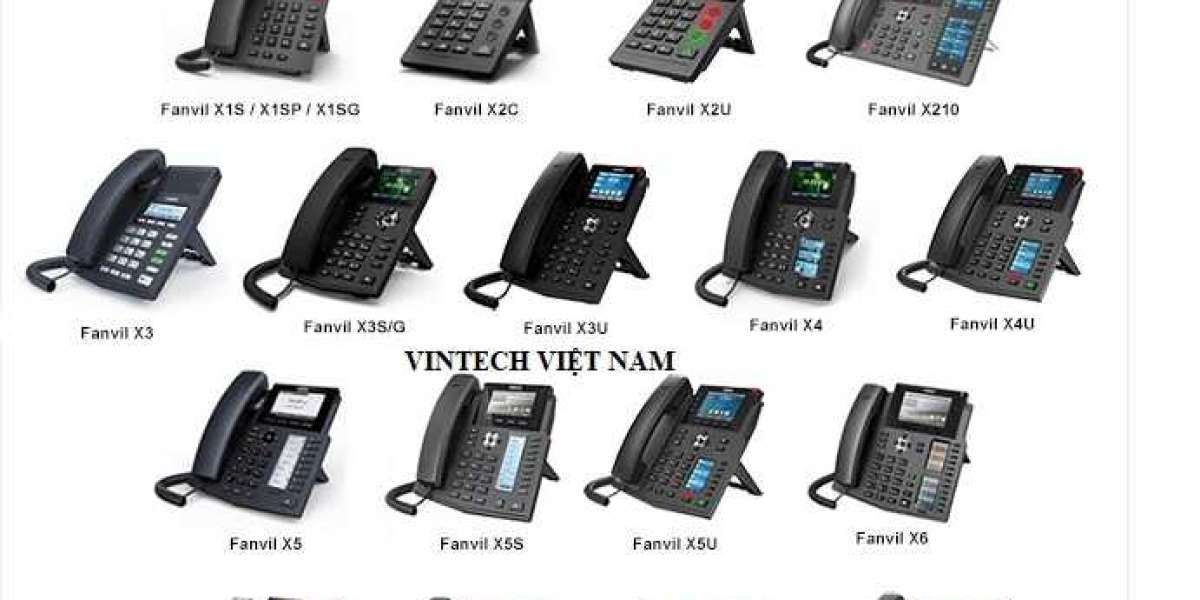Living with Attention-Deficit/Hyperactivity Disorder (ADHD) presents a unique set of challenges that can affect every aspect of daily life. From difficulties with organization and time management to struggles with impulsivity and attention, individuals with ADHD often find themselves navigating a complex puzzle of symptoms. In this article, we explore strategies for managing the daily challenges associated with ADHD, offering insights and practical tips for individuals, families, and caregivers.
Understanding ADHD
ADHD is a neurodevelopmental disorder characterized by persistent patterns of inattention, hyperactivity, and impulsivity that significantly impair functioning in various settings, such as school, work, and interpersonal relationships. It is important to recognize that ADHD is not simply a lack of willpower or a behavioral issue but rather a complex interplay of genetic, neurological, and environmental factors.
The Daily Challenges of ADHD
Living with ADHD can feel like trying to solve a puzzle with missing pieces. Individuals with ADHD often struggle with:
Organization and Time Management:
Difficulty keeping track of tasks, appointments, and deadlines.
Impulsivity:
Acting without thinking, leading to impulsive decisions and behaviors.
Attention and Focus: Trouble maintaining focus on tasks and easily getting distracted.
Emotional Regulation:
Difficulty managing emotions and reactions, leading to mood swings and emotional dysregulation.
Hyperactivity:
Restlessness, fidgeting, and difficulty sitting still for extended periods.
These challenges can impact various aspects of life, including academic and vocational performance, relationships, and overall well-being.
Strategies for Navigating Daily Challenges
While ADHD presents unique challenges, there are many strategies and techniques that can help individuals effectively manage their symptoms and improve daily functioning. Here are some practical tips for navigating the daily challenges of ADHD:
1. Establish Routines and Structure
Creating a predictable daily routine can provide a sense of stability and help individuals with ADHD better manage their time and tasks. Set specific times for waking up, meals, work or study sessions, and bedtime. Use visual schedules or planners to outline daily activities and deadlines.
2. Break Tasks into Manageable Steps
Breaking tasks into smaller, more aggressive steps can make them feel less overwhelming for individuals with ADHD . Use task lists or checklists to outline the steps involved in completing a task or project. Celebrate small victories along the way to stay motivated.
3. Use Tools and Technology
Take advantage of tools and technology to help manage tasks and stay organized. Use electronic calendars, task management apps, and reminder systems to keep track of appointments, deadlines, and important tasks. Consider using noise-canceling headphones or white noise machines to minimize distractions.
4. Practice Mindfulness and Self-Regulation Techniques
Mindfulness techniques, such as deep breathing exercises and meditation, can help individuals with ADHD improve their ability to focus and manage stress. Encourage regular physical activity, which can help regulate mood and energy levels. Practice self-compassion and positive self-talk to combat negative thoughts and feelings of overwhelm.
5. Seek Support and Accommodations
Don't hesitate to seek support from family members, friends, or mental health professionals. Joining a support group or seeking individual therapy can provide valuable emotional support and practical strategies for managing ADHD symptoms. Consider seeking accommodations at school or work, such as extended time on tests or breaks during long meetings, to support your needs.
6. Break Tasks into Manageable Steps
Breaking tasks into smaller, more aggressive steps can make them feel less overwhelming for individuals with ADHD. Use task lists or checklists to outline the steps involved in completing a task or project. Celebrate small victories along the way to stay motivated.
7. Develop Coping Strategies
Identify specific triggers or situations that exacerbate ADHD symptoms, such as noisy environments or disorganization, and develop coping strategies to manage them. For example, use noise-canceling headphones or break tasks into smaller chunks to manage distractions. Experiment with different strategies to see what works best for you.
8. Prioritize Self-Care
Prioritize self-care activities that promote physical and emotional well-being. Get regular exercise, eat a balanced diet, prioritize sleep, and engage in activities that bring you joy and relaxation. Taking care of your physical and emotional health can help mitigate ADHD symptoms and improve overall functioning.
9. Practice Patience and Persistence
Managing ADHD is an ongoing process that requires patience, persistence, and flexibility. Be kind to yourself and acknowledge that progress may be gradual. Celebrate your successes, no matter how small, and learn from setbacks. Stay committed to finding strategies that work for you and adapting them as needed.
Conclusion
Living with ADHD presents unique challenges, but with the right strategies and support, individuals can effectively navigate daily life and thrive. By implementing routines, using tools and technology, practicing mindfulness and self-regulation techniques, seeking support and accommodations, developing coping strategies, prioritizing self-care, and practicing patience and persistence, individuals with ADHD can manage their symptoms and improve their overall quality of life. life. Remember that managing ADHD is a journey, and it's important to approach it with patience, self-compassion, and a willingness to learn and adapt.








